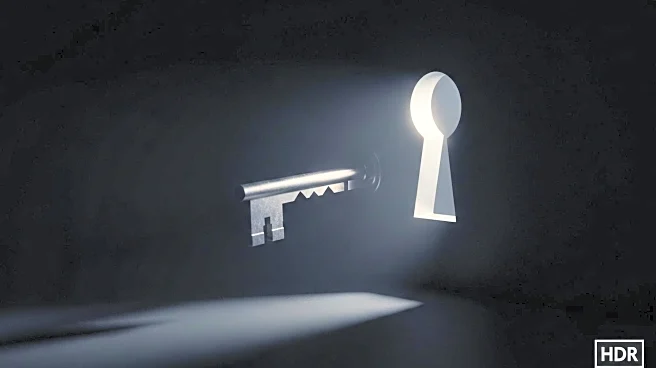What's Happening?
Game Freak, the developer behind Pokémon, has experienced another significant data leak, revealing plans for future Pokémon games up to 2030. This leak follows a previous incident where internal data was exposed, leading to Nintendo's legal action to identify the hacker. The latest leak includes concept art and details about upcoming games, such as Pokémon Legends: Z-A, which is set to release soon. The budget for this game is reportedly around $13 million, which is considered low for a major franchise. The leak has sparked discussions about the adequacy of investment in Pokémon games, especially given past performance issues on the Nintendo Switch.
Why It's Important?
The leak highlights concerns within the gaming community about the investment levels in Pokémon games, which are crucial for maintaining the franchise's reputation and performance standards. With budgets reportedly lower than expected, there is apprehension about the quality and technological advancements in future releases. This situation could impact Nintendo's market position and fan loyalty, as Pokémon remains one of its flagship series. The leak also underscores the ongoing challenges of cybersecurity in the gaming industry, prompting companies to reassess their data protection strategies.
What's Next?
Nintendo and The Pokémon Company may need to address fan concerns regarding game budgets and performance issues. They might also consider increasing investment in game development to ensure future releases meet consumer expectations. Additionally, legal proceedings to identify and prosecute the hacker could continue, emphasizing the importance of cybersecurity measures. The gaming community will likely keep a close watch on how these companies respond to the leak and manage upcoming releases.
Beyond the Headlines
The leak raises ethical questions about the balance between cost management and quality assurance in game development. It also highlights the cultural significance of Pokémon as a global phenomenon, where fan expectations can influence corporate decisions. Long-term, this incident could lead to shifts in how gaming companies prioritize security and transparency with their audiences.










